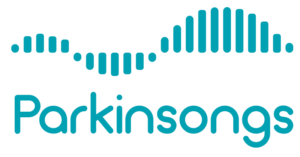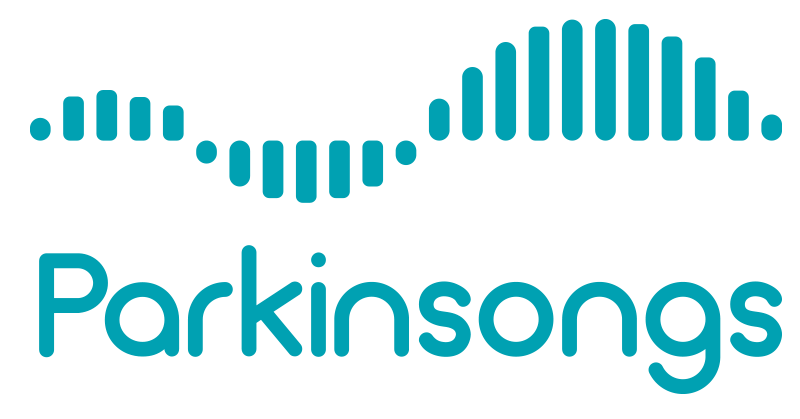Understanding Demo Trading Accounts in Forex 1645456094
For anyone looking to enter the exciting world of Forex trading, a demo trading account forex Trading JO can provide a risk-free introduction. These accounts are invaluable tools for both novice and experienced traders, allowing one to gain familiarity with the trading environment without the financial risks that come with real-money trading.
What is a Demo Trading Account?
A demo trading account is a simulated trading platform that allows users to trade financial instruments using virtual money. These accounts provide the same functionality as a live trading account but do not require actual capital investment. Traders can use demo accounts to practice trading strategies, test different trading platforms, and familiarize themselves with market dynamics.
Key Features of Demo Trading Accounts
- Virtual Funds: Demo accounts are funded with virtual money, allowing traders to make trades without any financial risk.
- Access to Market Conditions: Demo accounts mirror live market conditions, giving traders an accurate representation of trading environments.
- Comprehensive Trading Tools: Traders can access the same tools and features available in live accounts, including technical analysis tools, charting software, and more.
- No Time Limits: Many brokers allow traders to use demo accounts indefinitely until they feel comfortable transitioning to a live account.
Benefits of Using a Demo Trading Account
There are numerous benefits to using a demo trading account, particularly for novice traders. Some of the most significant advantages include:
1. Learning the Basics of Forex Trading
For new traders, the Forex market can be intimidating. A demo account serves as an excellent platform to learn the basic principles of trading without the pressure of losing real money. Beginners can become acquainted with essential concepts like pips, leverage, margin, and spread.
2. Testing Trading Strategies
Experienced traders can also benefit from demo accounts by testing new trading strategies and techniques. This allows them to determine which methods yield the best results before risking actual funds. They can adjust their strategies based on real-time market feedback without any financial consequences.
3. Gaining Confidence
Trading can be the most thrilling yet stressful occupation. Using a demo account enables traders to build confidence in their abilities and develop their trading psychology. With practice, they can refine their decision-making skills and prepare mentally for the emotions associated with live trading.
4. Familiarization with Trading Platforms
Every Forex broker has its own trading platform, and navigating these platforms can be challenging for new traders. Demo accounts allow users to become comfortable with the tools and functionalities offered by their chosen broker. This ensures a smooth transition to live trading when the time comes.
How to Choose the Right Demo Trading Account
There are several brokers that offer demo trading accounts, so it’s essential to choose one that aligns with your goals and learning style. Here are some factors to consider:
1. Reputation of the Broker
Choosing a reputable broker is critical. Look for reviews and ratings from other traders and verify that the broker is regulated by a recognized authority in the financial services industry.
2. Trading Platform Features
Assess the features of the trading platform. A user-friendly interface and an array of trading tools can significantly enhance your learning experience. Ensure the platform provides the necessary resources to effectively analyze the markets.
3. Range of Instruments Available
Select a demo account that offers a wide range of financial instruments. Being able to practice trading different assets, including currency pairs, commodities, or indices, broadens your trading experience.
4. Quality of Customer Support
Responsive and helpful customer support can be a boon when learning how to trade. Check whether the broker offers multiple channels of communication, including chat, email, or phone support.
Transitioning from a Demo to Live Trading Account
Once you feel comfortable with your trading skills and strategies, the next step is transitioning to a live trading account. This shift can be nerve-wracking for many traders, but several tips can help ease the process:
1. Start Small
When moving to live trading, consider starting with a small amount of money that you can afford to lose. This reduces emotion-driven trading decisions as you adjust to the realities of the market.
2. Stick to Your Strategy
It’s crucial to stick with the strategies you practiced on the demo account. However, remain flexible to adapt your approaches as market conditions change.
3. Manage Your Emotions
Be prepared for the emotions that come with live trading. Fear and greed can lead to poor decision-making. Establish a disciplined trading plan that includes risk management strategies to control your emotions effectively.
Conclusion
Demo trading accounts are vital for anyone looking to become proficient in Forex trading. They provide a safe space to learn, practice, and hone your trading skills without financial risks. In a market that is as volatile and dynamic as Forex, the experience gained from a demo account can be invaluable. Utilize this opportunity to build your confidence, test strategies, and understand the trading platforms before committing real money.


